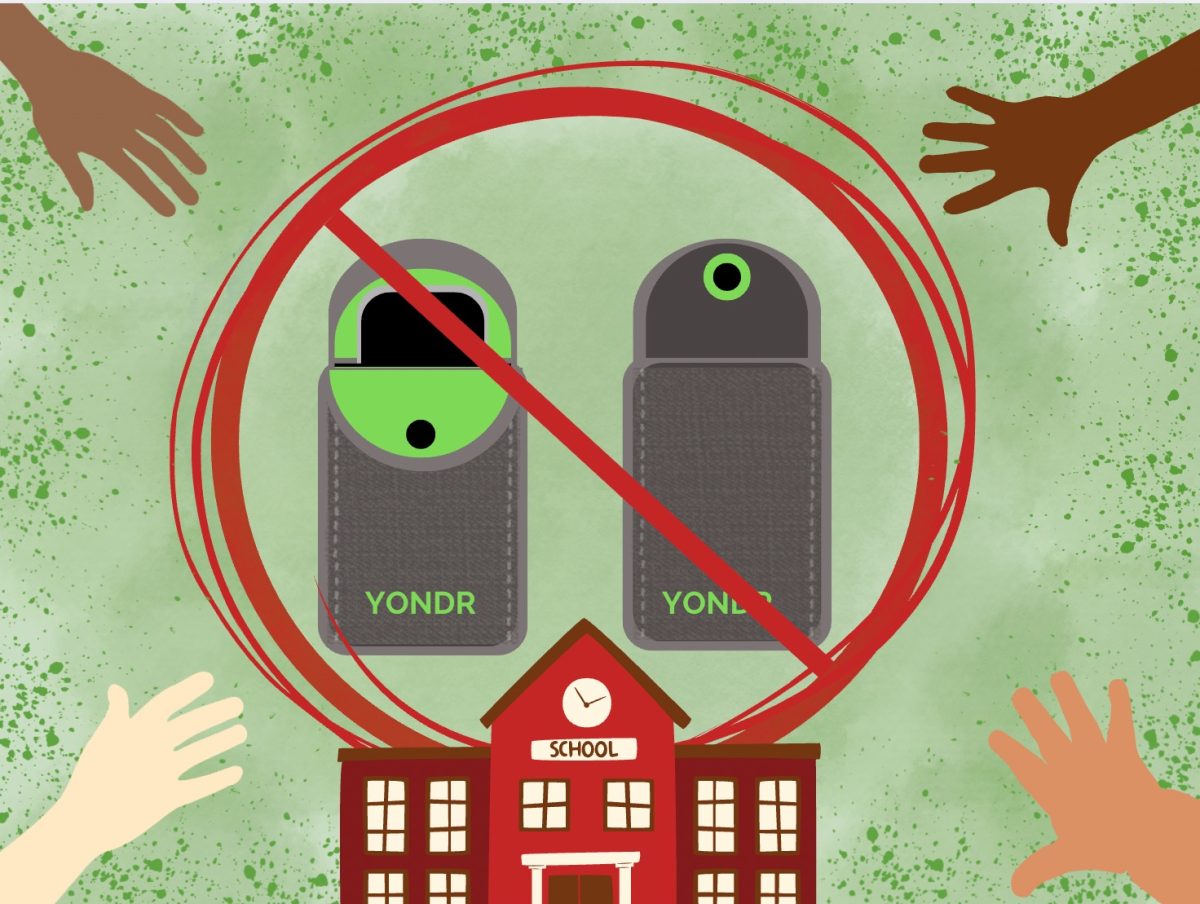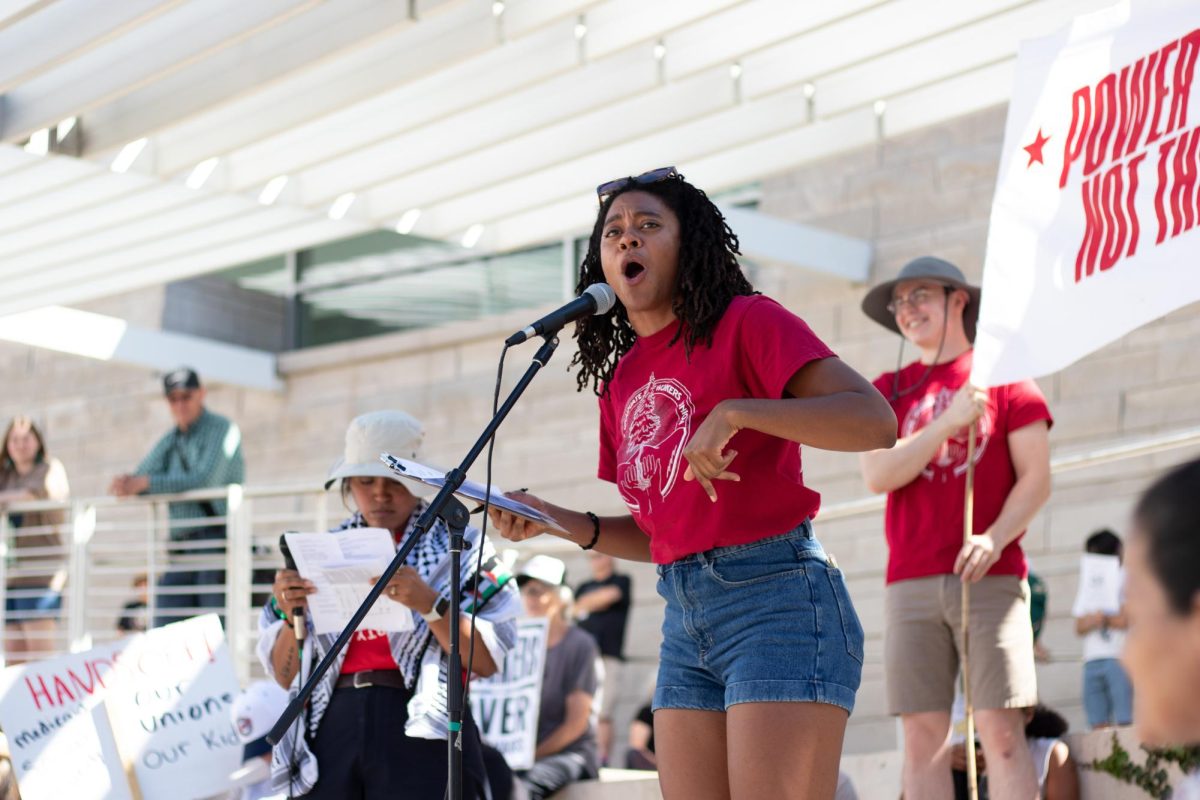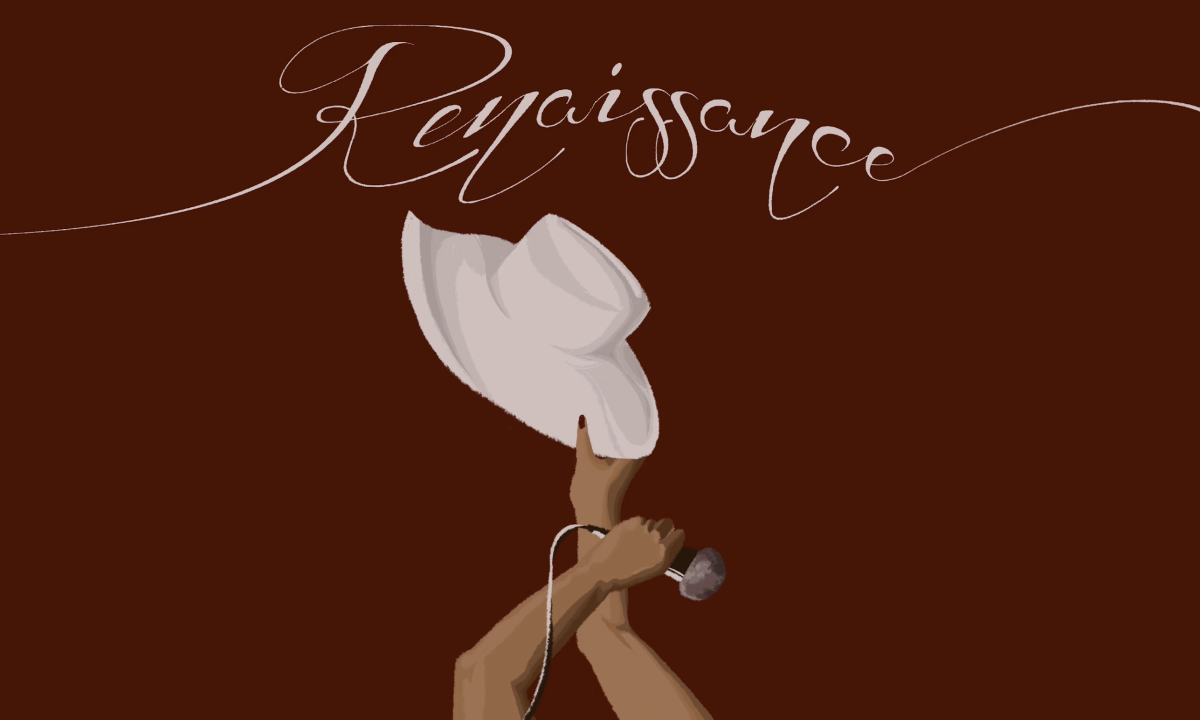In times of darkness, struggle and chaos, Beyoncé Giselle Knowles-Carter’s work has not only been an escape but an inspiration as a person struggling to find her place in the world.
Beyoncé just released her seventh studio album titled “Renaissance” on July 29, the first “act” in a trilogy project.
On this dizzying album, she explores escapism, self-assurance and self-expression under the backdrop of eclectic and upbeat styles that sound straight out of a 1980s Miami dance club.
It’s a lot to be alive right now. The world feels truly apocalyptic with the ongoing coronavirus pandemic and international turmoil, I find myself waiting for that sensation of bleakness to lighten. When will there be something that just lets us float?
“Renaissance” transports me to a world in which I’m dancing under the dazzling lights of a Studio 54 dance floor in ecstasy wearing the full wardrobe of your typical 1970s discotheque.
Since her self-titled album, which was a surprise release in 2013 that shocked the world, Beyoncé has continued her journey in creating new visionary and auditory peaks for not only herself, but her audience. She continues to ask the question “What new peaks can I reach?” and the possibilities seem endless.
On her latest release, Beyoncé encapsulates the genres of house and dance music and pays tribute to Black Queer folks, with features from Queer Black icons such as rapper Big Freedia and TV personality and activist Ts Madison.
When the first track “I’M THAT GIRL” started, I was greeted with the line “These motherfuckers ain’t stopping me,” and I knew she had me by the neck again.
Although the opening song is slow and disjointed compared to the rest of the album, “I’M THAT GIRL” seamlessly transitions into the next track “Cozy,” a joyful upbeat track about celebrating yourself with being comfortable with who you are.
From “Cozy,” we journey into “Cuff It,” a song that sounds like you started a soul-train line in the middle of the club at 2 a.m., hoping the person who has been staring at you finally comes up and dances with you.
Beyoncé has given us perfection yet again, with standout tracks such as “Alien Superstar” an ode to Queer dancefloor anthems to “Virgo’s Groove” that quite literally sounds like a sparkling disco ball under the backdrop of a dark retro dance floor.
Another standout, “America has a Problem,” at first glance makes you think “will this be a political commentary of the United States”, but is just her saying she’s the baddest bitch alive and you can’t handle her.
Her form of tribute shines in the single of the album “Break My Soul,” which I initially didn’t love as much as I thought I would because I felt like the track was missing something. However, in the context of the album, it finds its place as an uplifting powerful anthem backed by the sample of Big Freedia’s track “Explode.”
Big Freedia is credited with popularizing New Orleans Bounce music, inspiring Beyoncé on her 2016 track “Formation,” their first collaboration prior to “Break My Soul.”
In “Cozy,” Beyonce samples a June 27, 2020 video where TS Madison candidly speaks on what it means to be a Black Transgendered woman.
Madison recently said Beyoncé made sure she was credited for her work on the track.
“[. . .] Leggra, my manager, went and got the numbers from them and it was like a number and then zero, zero, zero, zero, zero. Then, not only were there all these zeros but it said percent of streaming and a percent of pure sales. I was like, “OH, THIS BEYONCÉ!’” Madison said in a Friday Essence magazine interview.
Beyoncé shows a deep love and respect for the artists she works with on her projects. She shows us time and time again that an album is a collaborative process and music can be better when people work together to honor certain communities.
Her attention to detail on “Renaissance” showcases the collectivism that our deeply individualistic society sometimes lacks.
Other features include Queer icon Grace Jones, a music and fashion performer of the 1970s and 1980s, in the powerful track “Move.”
In the Drake-produced track “Heated”, she pays tribute to her Uncle Johnny who she called the “most fabulous Gay man I’ve ever known […] he lived his truth and he was brave and unapologetic during a time when this country wasn’t as accepting,” during a Gay & Lesbian Alliance Against Defamation awards acceptance ceremony in 2019.
The lyric “Uncle Johnny made my dress that cheap spandex, she looks a mess!” made this my favorite track off the album.
The album ends with “Summer Renaissance,” an homage to Queer icon Donna Summer and her 1977 track “I Feel Love,” another song that changed the landscape of music.
It serves as a perfect ending, considering Beyoncé’s own trajectory in the music industry.
Beyoncé has been an icon to the LGBTQ+ community since her career started, adding to a long list of divas that the community continues to embrace. This release, in turn, is her ultimate tribute.
My brain can’t comprehend the new peaks Beyoncé creates for herself and that is the genius of her talent.
From waking up from a nap to her self-titled surprise album to 2016’s “Lemonade” – where I, along with the rest of Twitter users, assumed she was divorcing her husband and rapper Jay Z on premium cable – Beyoncé has perfected the art of mystery and anticipation. Despite the release of “Renaissance” being more traditional than her last two solo releases, I still felt the same amount of suspense and exhilaration.
This latest Beyoncé release has electrified life back into the world of music. There is no artist alive right now that does what Beyoncé does, and “Renaissance” is a timely reminder of that.
Historically after the Renaissance, came the Age of Enlightenment, followed by Revolution. If Beyoncé follows historical precedent, I’m confident she will do exactly that in her next two acts: enlighten and revolutionize.






































